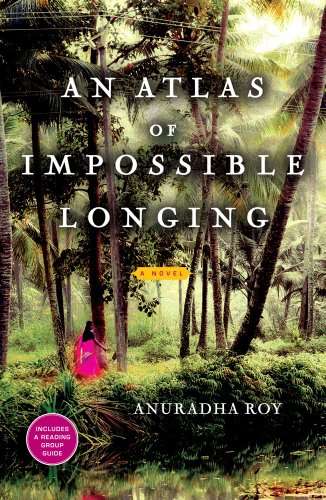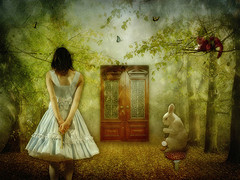Author, Ken Follett, writes, “There is a rule which says that the story should turn about every four to six pages. A story turn is anything that changes the basic dramatic situation. It can change it in a little way or change it in a big way. …You can’t go longer than about six pages without a story turn, otherwise the reader will get bored. … Jane Austen’s Pride and Prejudice, follows the same rule. In Dickens it’s the same; something happens about every four to six pages.”
The author of at least 20 novels, many of which are thrillers that have achieved international success, this list includes Follett’s well-received historical works, The Pillars of the Earth and World Without End, the latter of which made the New York Times Best Seller List.
Adapted for film, The Pillars of the Earth debuted July 23, 2010 on Starz as a mini-series.
When it comes to pacing, Follett’s admonishments are well taken. But what is he really talking about?
Pacing. Read the rest of this entry…





